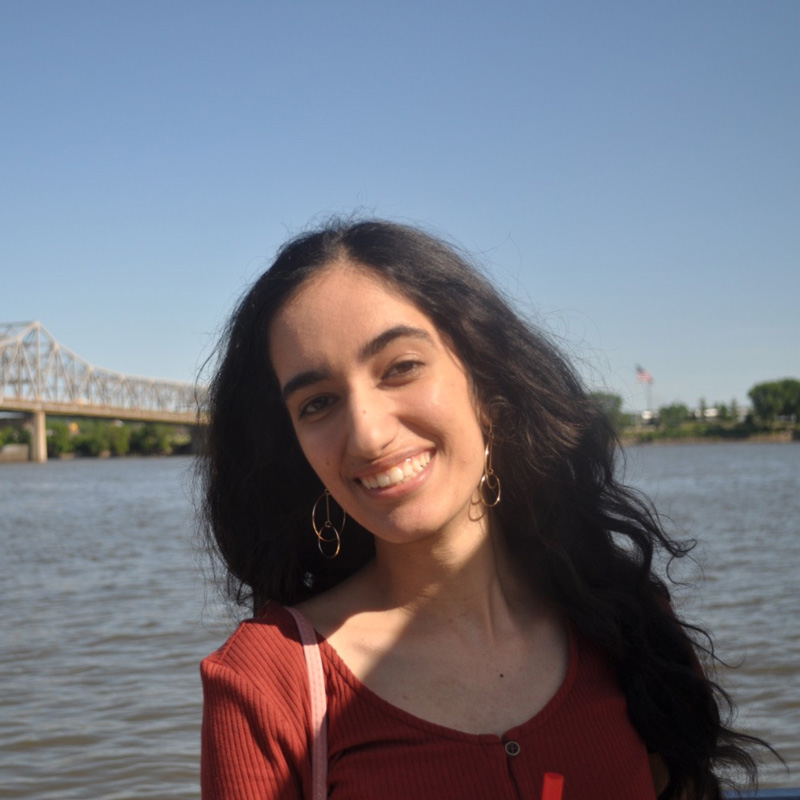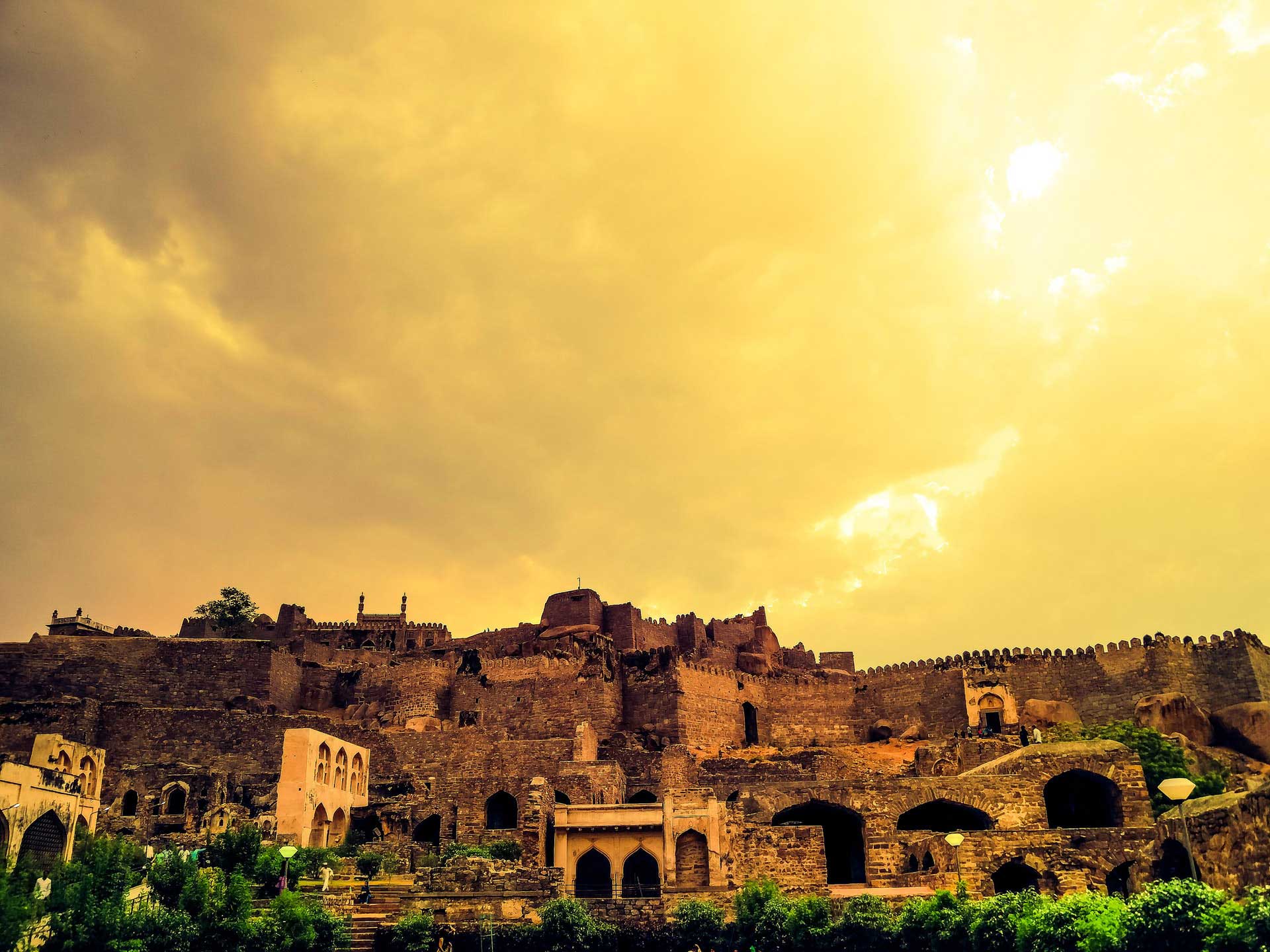by Kratika Tandon
While wealthy countries like the United States continue to have vaccine access, others do not—and we need to do our part to remedy the situation.
Readers will recall the discussion from the May issue of Giving Voice about the unequal distribution of COVID-19 vaccines on a global level—since then, the situation seems to have worsened beyond comprehension. As previously mentioned, there isn’t equitable access to vaccines worldwide, making “vaccine nationalism” a massive problem. Because of this, the COVID-19 vaccine industry is monopolized by the higher-income nations— in short, wealthier populations receive the dose first. In the last issue, we mentioned the hazardous consequences that could come out of such inequality—from both an economic and epidemiological standpoint. Within the past month alone, we have seen the sheer devastation caused by this problematic administration of the immunizations. Now that we’ve reintroduced the problem, let’s discuss the recent magnification of the issue while also identifying ways to help.
One of the nations that has easily been hit the hardest is India. Along with the rest of the world, India has been struggling to combat the pandemic for over a year. However, in the past few months, it’s been fighting a devastating new surge head-on. As the Wall Street Journal (April 25, 2021) reported, this sudden increase in cases came as a result of milder restrictions and too high of a sense of security from the public. While new and more contagious variants began spreading globally, a lack of vaccines only worsened the crisis. Bloomberg (April 27, 2021) added that while more developed economies had been hoarding resources to fight the pandemic—namely, vaccines—places like India have run short on supplies. The death toll is horrifying. According to the Wall Street Journal (May 19, 2021), India recorded the world’s highest death toll in a single day—a total of 4,475 deaths in 24 hours. Because of this crisis, hospitals have been forced to turn patients away due to a lack of access to beds, oxygen, and COVID-19 medication. The situation is so bad that crematoriums are running out of space and resources, and many families aren’t able to give a proper goodbye to their loved ones.
With such an astounding number of daily cases, India has recently been the global leader in COVID-19 deaths. However, as the New York Times (April 29, 2021) points out, the nation is also the world’s leading producer of vaccines. In fact, one of the major vaccine manufacturers, The Serum Institute, is located in Pune, Maharashtra. It has the goal to become the world’s top vaccine manufacturer. The corporation started producing tens of millions of AstraZeneca doses at the beginning of the COVID-19 vaccine rollout. However, companies began struggling to increase and even maintain production as the drive slowed. Under Prime Minister Modi’s authority, all exports were suspended as India couldn’t even administer vaccines to its own people. Many individuals have only been able to receive one dose. Although focusing on rapid and tumultuous vaccine distribution is occurring right now, this problem is too urgent for such a short-term solution. As PBS (May 4, 2021) stated, the best thing we can do from abroad is donate to certified and legitimate organizations that provide and fund medical supplies (oxygen and PPE) in nations like India. We can also urge government officials to allocate funds to aid COVID-19 relief globally.
Unfortunately, as a result of vaccine nationalism that started early on, countries such as India are suffering on a massive scale. The consequences of this problem manifested from an epidemiological and economic perspective, as is evident from India’s ravaging COVID-19 crisis. The best thing for us to do now is continue to spread awareness and donate funds to the proper organizations. Although we know that this is an incredibly devastating issue, it’s important to stay hopeful and focus on practical solutions.
About Kratika Tandon

Kratika Tandon is an incoming freshman at the University of Illinois at Urbana-Champaign. She is majoring in biology and graduating with a minor in environmental economics and policy. She graduated from Dunlap High School as class valedictorian. Tandon is incredibly passionate about sustainability. As such, she is interested in many different career paths that involve helping the environment. She is most interested in writing about the subjects of environmental issues, social justice, life during a pandemic, and racial equity. She is proficient in informative and expository writing as well as public speaking. Tandon was a part of her high school’s speech team for four years. This past season, she competed in two events at the state championship tournament: original oratory and informative speaking. She wrote and perfected these speeches on her own, both tackling specific topics dealing with the environment. Tandon was also the president of her school’s local Interact Club. She possesses great leadership, communication, and teamwork skills. She is participating with Giving Voice because she wants to use her voice and writing to inspire others and facilitate change.

